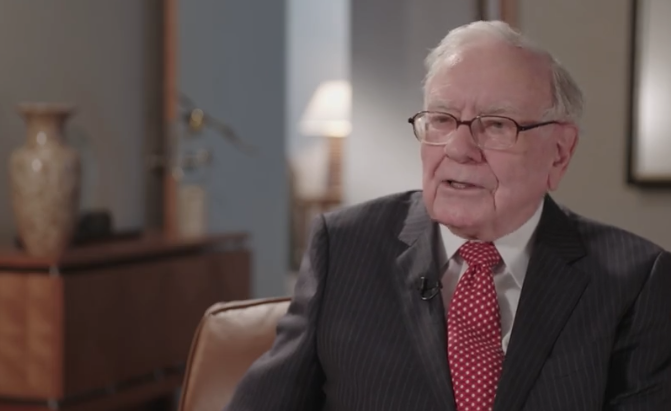 The perfectionist may never be really convinced that a certain market setup is right to enter into a position and the overconfident trader may neglect certain signals that the setup is not worth trading on.
The perfectionist may never be really convinced that a certain market setup is right to enter into a position and the overconfident trader may neglect certain signals that the setup is not worth trading on.
A trader may become overconfident after a few successful trades. It’s very hard to fight the ‘I am the market God’-emotion. Making a number of consecutive successful trades is not necessarily a sign you have figured out how the markets work, the same way a losing streak is not a sign you’re a bad trader.
After a huge success it’s tempting to trade a larger size or accept more risk. The general idea is that simply because of the huge profit in the previous trade, more size and/or risk is acceptable in the next. But when you think about it, a realized profit is part of your account now, it’s no different than money made on earlier trades, it is money you worked hard for. There can be good reasons to increase trading size or risk, but that should be part of a plan, not just an impulsive decision based on a feeling of being ‘invulnerable’.
Ask yourself, which feeling is worse: losing yesterday’s profit, or losing the profit made 10 days ago? If that feels different, the first one being less worse, then it may be wise to stop trading for a few days after a good trade. During those days, the profit will slowly change from being ‘an extra’ to being ‘part of your trading account’. In other words, you get used to it and handle it with more care.
Overconfidence can also come from a (strong) conviction that the market has to go a certain direction based on a personal opinion about the economy, politics, the FED, interest rate, unemployment numbers etc etc. This kind of confidence has been discussed before. The remedy is simple: don’t trade the news.

 This is not going to endure me to my fellow traders but I think it is important that we all are reminded what the market promises us.I am not talking from my gold and diamond encrusted throne. I am not exactly killing it. I am not perfect; I do not make money every trade or every day. This is a reminder to me, more than a reminder to you.
This is not going to endure me to my fellow traders but I think it is important that we all are reminded what the market promises us.I am not talking from my gold and diamond encrusted throne. I am not exactly killing it. I am not perfect; I do not make money every trade or every day. This is a reminder to me, more than a reminder to you. “I think the secret is cutting down the number of trades you make. The best trades are the ones in which you have all three things going for you: Fundamentals, Technicals, and Market Tone. If you can restrict your activity to only those types of trades, you have to make money, in any market, under any circumstances.”
“I think the secret is cutting down the number of trades you make. The best trades are the ones in which you have all three things going for you: Fundamentals, Technicals, and Market Tone. If you can restrict your activity to only those types of trades, you have to make money, in any market, under any circumstances.”

 Remember, a trader always needs to protect his/her capital to be able to fight another day. As the saying goes:
Remember, a trader always needs to protect his/her capital to be able to fight another day. As the saying goes: